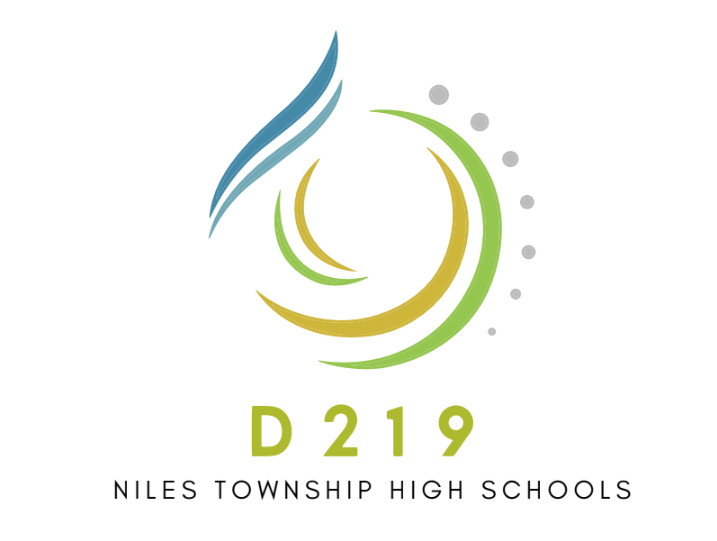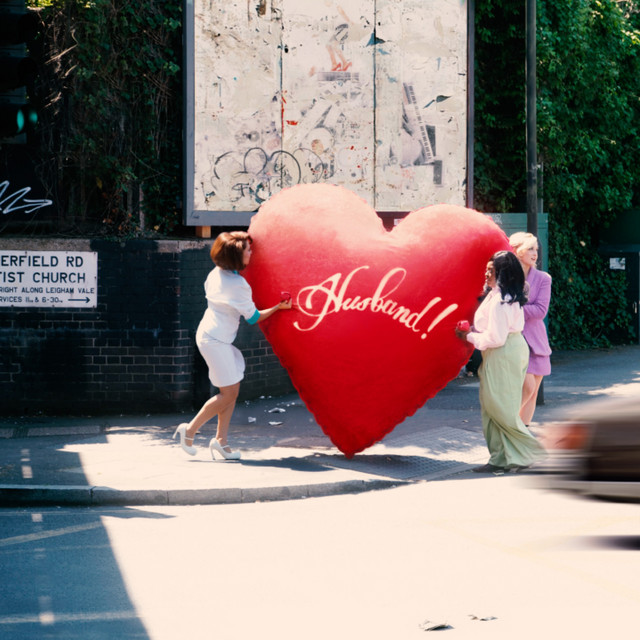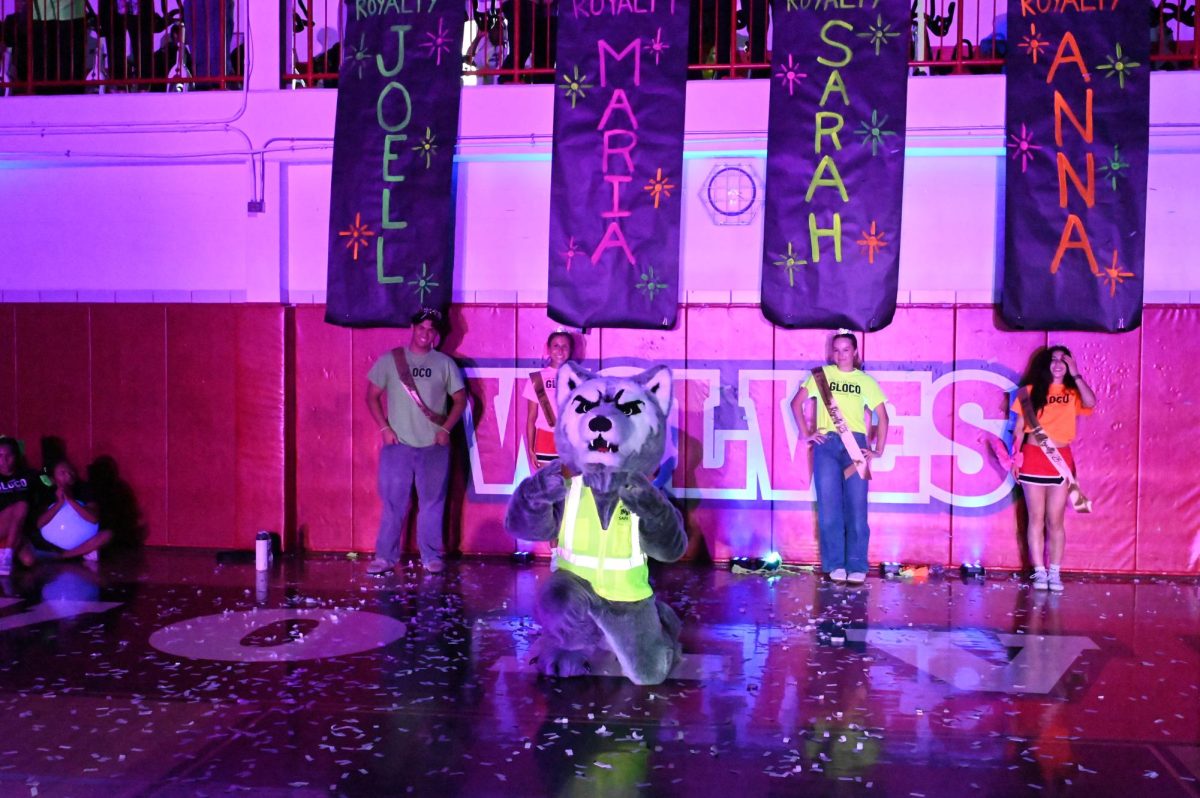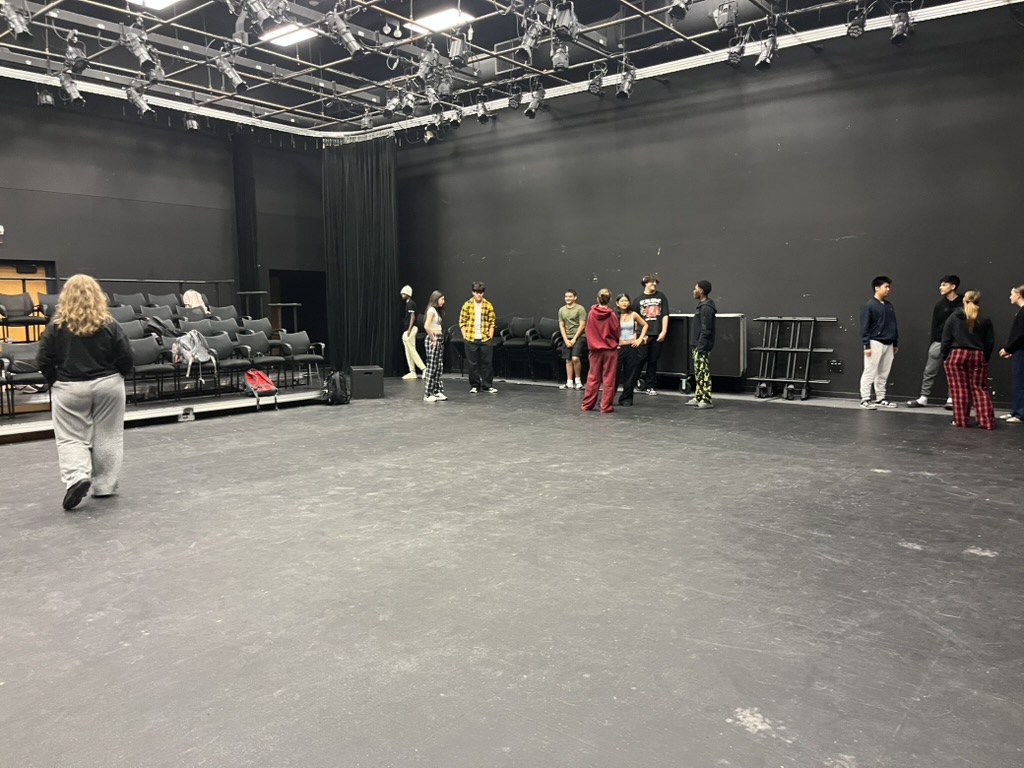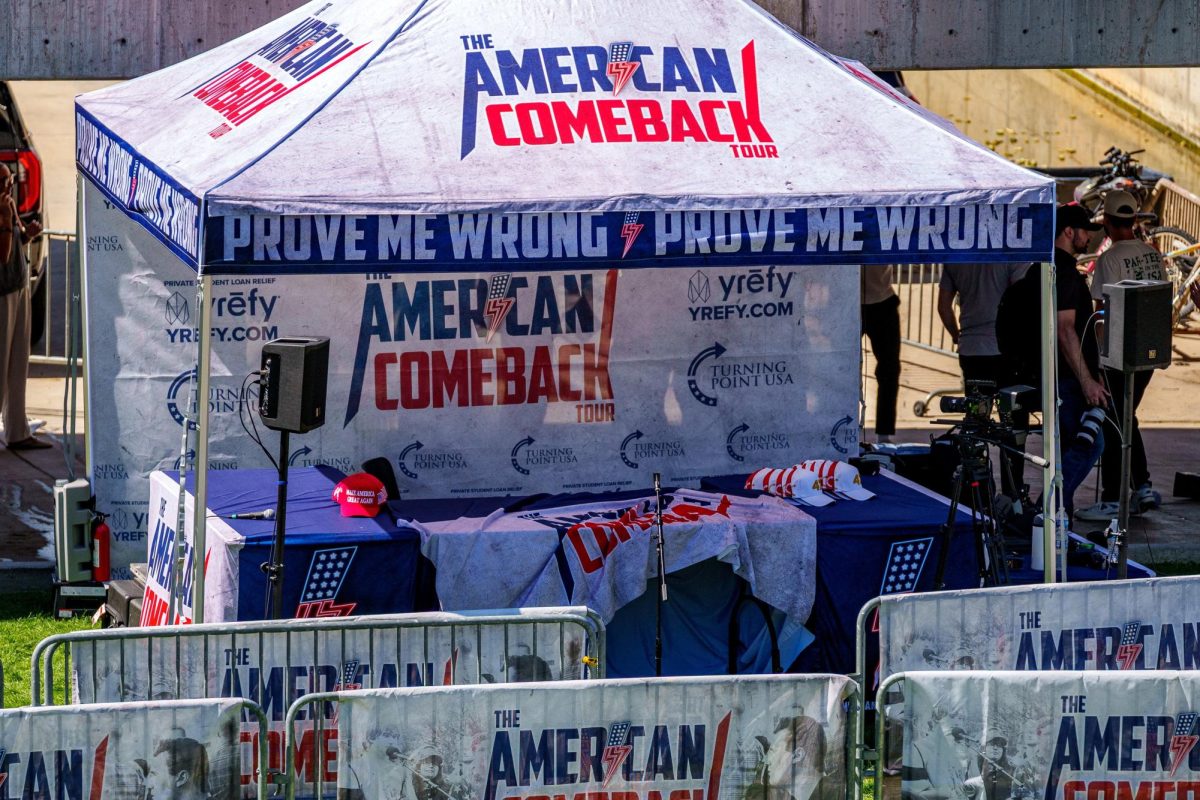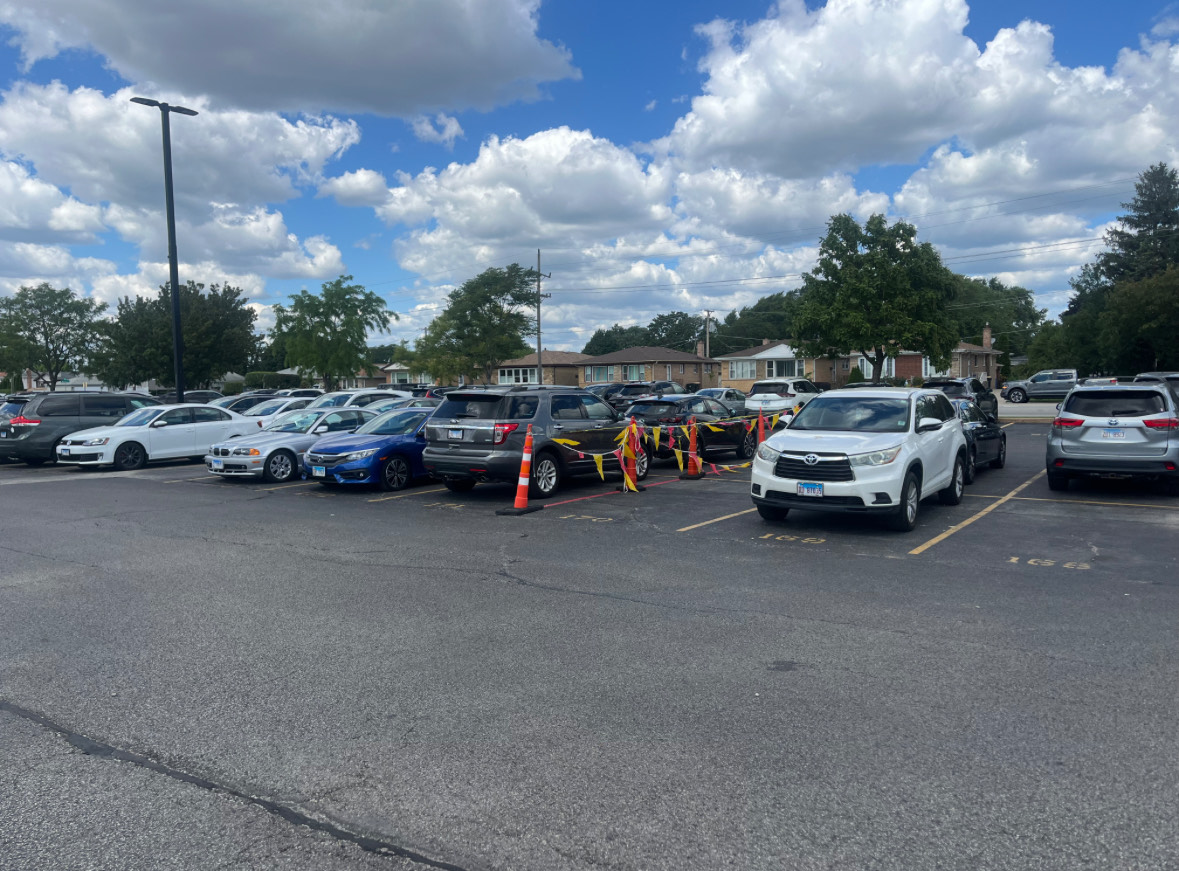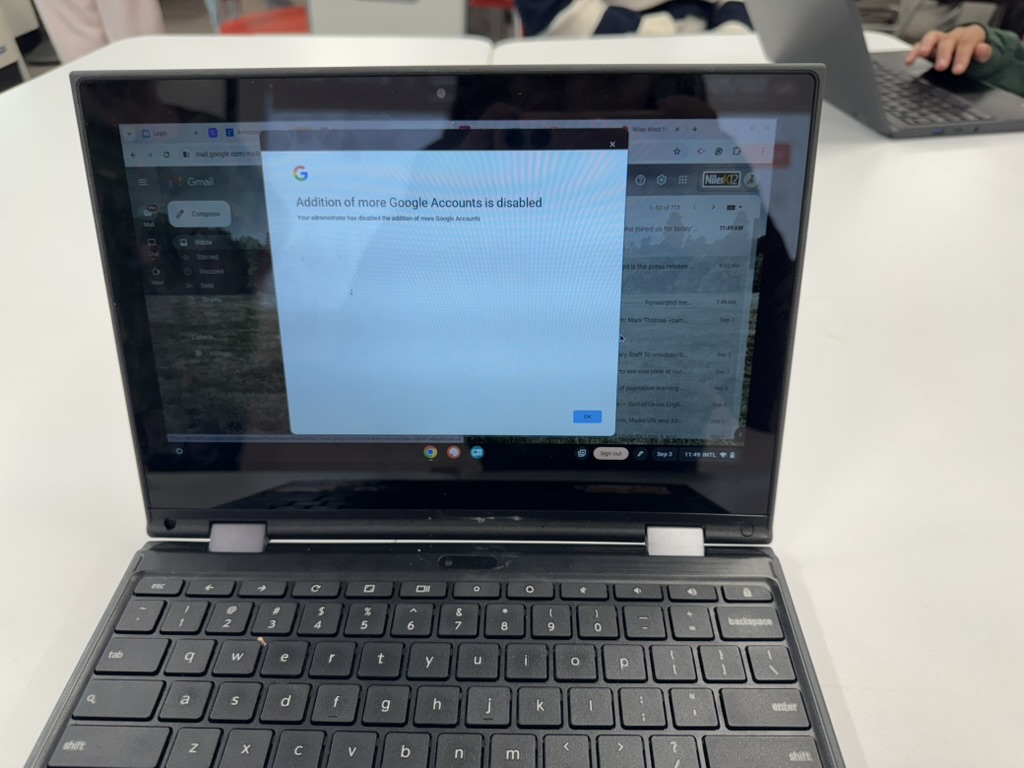Comments criticizing and defending the sit-in at Niles West dominated public comments at the Nov. 14 and Dec. 5 D219 School Board meetings. Others raised concerns about the pool renovations.
The sit-in caused controversy because a small group of students chanted, “From the river to the sea, Palestine will be free,” and “Israel must pay for their crimes.” Some community members who shared public comments at the Nov. 14 meeting demanded punishment for students who chanted the phrase, whereas commenters at the Dec. 5 meeting noted that the phrase is protected speech under the First Amendment.
Addressing the school board on Nov. 14, District 219 parent Anna Hurtado expressed this position.
“While I support our First Amendment right to free speech, you also state in your student code of conduct that bullying, harassment and intimidation on the basis of national origin and religion is strictly prohibited while on school property, yet you allowed this to happen, thus making your Jewish population feel unsafe,” Hurtado said. “You did nothing when your students essentially called for death to all Jews and were in clear violation of your code of conduct. It is mind-blowing to me that this was allowed, especially in this District, where we have heard people every month at your board meetings talk about your lack of and need for diversity, equity and inclusion. How can you allow your students to dehumanize and delegitimize your Jewish students and supporters of Israel?”
The phrase From the river to the sea, Palestine will be free has a divisive and complicated history, with roots in the beginning of the Palestinian nationalist movement in the 1960s. The river and sea referred to in the chant are the Jordan River and the Mediterranean Sea, where the State of Israel is currently located. For many Palestinians, the phrase expresses hope for an independent Palestinian state in that specific space.
Still, many Jewish people interpret the phrase as a threat, including some families of Jewish students who believe its use during the sit-in was antisemitic and created an unsafe, hateful school environment.
Participants in the sit-in claim no malicious intent behind the chant, clarifying that their usage of the phrase had no connection to Hamas and was not hate speech.
“We absolutely condemn Hamas. This isn’t about Hamas at all, this is about human life,” sophomore and sit-in participant Hasan Hedayat said in his Nov. 14 public comment. “From the river to the sea is a statement that calls for the end of the internationally illegal occupation of the West Bank and blockade of Gaza as well as the oppression of Palestinians as a whole, which has been going on for decades. The only way we can move forward from this tragedy and grow is to allow all of our voices, not just Israeli [but also] Palestinian, to be heard.”
Antisemitism has been on the rise nationally, including in Skokie, which has an estimated 28% Jewish population. Amy Sherman, aunt of a Niles West student, criticized the district’s response to students’ use of the chant.
“The lack of consequences [for the chants] has left our Jewish students, including my niece, subjected to ongoing hate,” Sherman said on Nov. 14. “She has heard derogatory remarks in the hallways, and when she sought help, she was told nothing could be done without specific names, a response that is completely unacceptable. While [deans] may not be able to pinpoint who said it, it’s being said and [the district is] culpable because [it] showed children that this was okay by not taking disciplinary action the first time it happened.”
FERPA [The Family Educational Rights and Privacy Act] bans schools from releasing student disciplinary records to protect students’ privacy, so Niles West is prohibited from disclosing whether students from the sit-in received any disciplinary action.
Community member Sadiya Barkat, who shared a public comment at the Dec. 5 meeting, pushed back against calls for punishment and praised the students who participated in the sit-in.
“To Superintendent Tom Moore and the members of the Board of Education, I thank you for the opportunity to address [an issue] that lies at the very core and purpose of education: The freedom to think and express those thoughts in a respectful manner,” Barkat said. “I was present at this meeting last month when numerous parents stepped forward with a demand to punish certain students because they had the humanity, audacity and moral courage to bring attention to a genocide that is currently being live-streamed across the world in graphic detail. My community and I do not have any conflict with the Jewish people or their state and neither did those students who were part of that protest.”
Abdulrahman Ibrahim, class of 2021, connected the issue to the curriculum in his Dec. 5 comment.
“One of the most life-changing courses I took at Niles West was a course in which we discussed the U.S.’s history of destabilizing the Black community at both a systemic and community level. Now I pose the question, if we’re allowed to be so critical of our own U.S. history and government, why are students being silenced on the issue of Palestine?” Ibrahim said. “I believe it is more important now than ever for students to be allowed to speak on the atrocities being committed by the state of Israel. Do the American thing and continue to advocate for the freedom of speech in the face of oppression.”
Principal Jeremy Christian sent an email after the sit-in, acknowledging that a small group of students chanted “disparaging remarks.”
“As educators of these young minds, we respect their right to express their thoughts and opinions, as well as the initiative they demonstrate in voicing their concerns about issues close to their hearts. However, we also understand the necessity of maintaining a disciplined, structured and safe atmosphere in a school environment,” Christian wrote.
The debate surrounding this issue has reached college campuses, including Harvard, Massachusetts Institute of Technology and the University of Pennsylvania. The three school presidents testified in front of a House committee, where they were asked if students who called for the genocide of Jews would be punished under their code of ethics.
The district has not responded to a request for clarification on whether or not the phrase counts as hate speech in D219.


